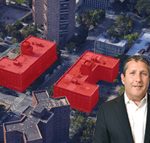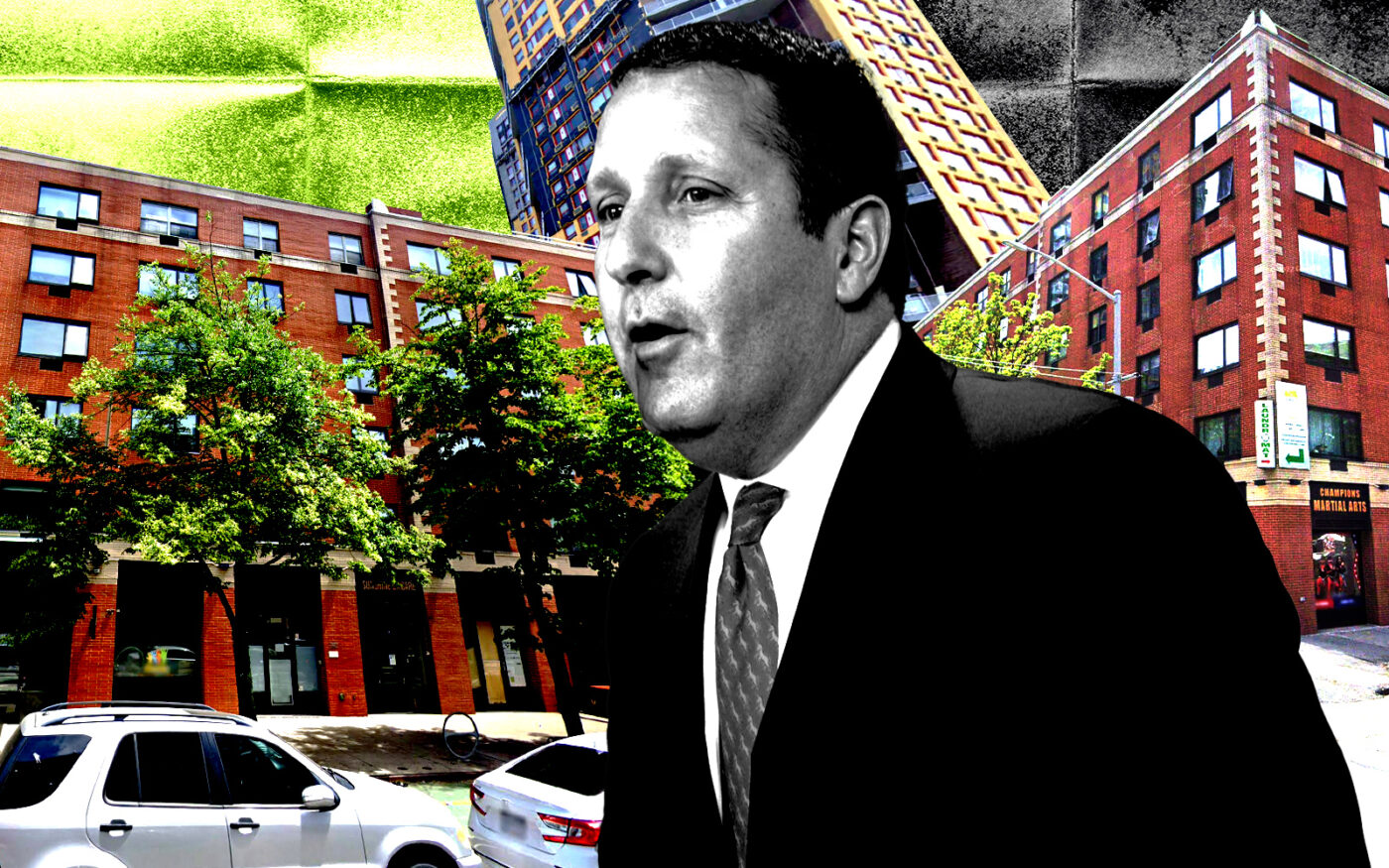Before a 2019 law decimated the value of rent-stabilized buildings, owners who saw the writing on the wall raced to convert them into condos.
But even some who had the foresight to get ahead of the law have had to take a haircut.
Tahl Propp just unloaded 87 units at its twin condo conversion of 1330 and 1325 Fifth Avenue for $22.5 million — an average of just $258,000 per unit — to MD Squared Property Group.
Five years back, the firm estimated the 150-unit rent-stabilized conversion would yield an average price of just over $1 million per apartment.
The firm was able to sell 63 units to individual buyers for $56 million, or more than $888,000 per apartment, said its president and co-founder Joseph Tahl, meaning the recent bulk purchase represented a 70 percent markdown.
As with any bulk transaction, multi-unit condo deals typically sell at a discount. But Tahl attributes the price cut to the restrictions baked into the rent law.
“A good portion of that discount is the amount of time you have to wait to get control of the units so you can sell them,” the executive said.
In conversions of rent-stabilized buildings, units remain rent-regulated until the tenant vacates — usually by choice or death — or agrees to a buyout. Once the tenant leaves, the unit becomes destabilized and can either be rented at market price or sold as a condo.
“But it could take 20 to 30 years to get these apartments back to be able to sell them,” Tahl said. Rent-stabilized apartments carry a right to renewal, and their leases can be passed down to family members like an heirloom.
In the meantime, the 2019 law blocks owners from raising rents beyond the minimal increases approved by the Rent Guidelines Board each year. The legislation has capped revenue growth as operating costs have surged and Covid arrears have persisted, forcing some owners to operate at a loss.
Read more


Given the wait time, potential revenue loss and a condo market that slumped when interest rates spiked halfway through last year, Tahl priced the units to move in one sweeping sale.
As for the buyer, Tahl said some would-be owners have the patience to wait for the profit a vacancy can bring.
“There definitely are good, capable buyers who like these occupied packages of rental units,” Tahl said. “They manage them, and when the apartments become vacant, they renovate them and sell them.”
MD Squared, led by CEO Michael Mintz and based in Manhattan, did not respond to a request for comment.
